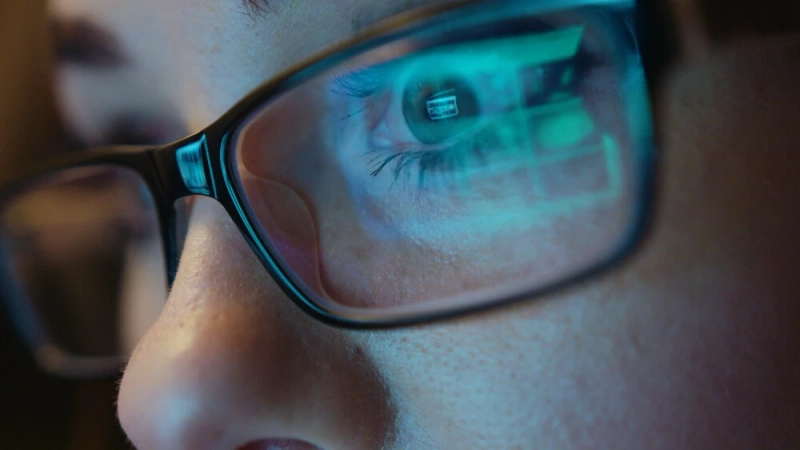For employees, new technology can feel like a double-edged sword. On one hand, devices like Meta Glasses promise efficiency; on the other, they introduce a pervasive sense of surveillance and a new category of risk. If your organisation has not yet introduced a robust smart glasses workplace policy, you are operating in a grey area where your job security may be threatened by a single click or voice command.
The need for a clear, employee-centric policy is urgent, not only to prevent breaches of privacy by colleagues but also to protect individuals from disciplinary action arising from the legal minefield of secret recordings.
The Legal Trap: Secret Recordings
It’s understandable why an employee facing bullying or an unfair disciplinary meeting might think using their Meta Glasses at work to secretly record the encounter is a good idea. They want evidence, proof, and protection. However, this is one of the quickest ways to lose an unfair dismissal case.
In Australian states with two-party consent laws, the recording itself may be illegal. But even in one-party consent states, the Fair Work Commission (FWC) views a secret recording as a profound breach of the trust and confidence that underpins the employment relationship. In previous unfair dismissal cases, the Commission has upheld the employer's right to dismiss the employee purely because of the breach of trust caused by the secret recording, regardless of the recording's content.
For an employee seeking a resolution, this means that the very tool intended to provide protection—whether it’s Meta Glasses at work or a hidden phone—can become the justification for their fair dismissal. A well-drafted smart glasses workplace policy should clearly articulate this risk, protecting employees from unintentionally jeopardising their own positions.
Beyond the Ban: Defining Reasonable Use
A good AI glasses work policy should do more than just prohibit recording; it should define the boundaries of acceptable use for all wearable tech in the workplace. This is crucial for environments where smart glasses genuinely enhance workflow—such as in construction, auditing, or facility management.
Instead of a blanket ban, a tailored policy protects employees by clearly:
- Mandating Consent: Establishing a clear, non-negotiable rule that any recording (audio or visual) of a conversation or a person requires their explicit, informed consent—regardless of the state’s default legal position.
- Defining Policy Breaches: Outlining the specific consequences of misuse, such as recording colleagues without consent or attempting to use the glasses for 'bludging' (e.g., listening to audiobooks during work hours).
- Protecting Privacy: Ensuring all employees understand the acute Ray-Ban Meta privacy concerns associated with the technology and encouraging reporting of inappropriate recording attempts.
If you are facing a workplace dispute, remember that fairness and justice must be pursued through legitimate channels. Relying on a covertly captured video from your Meta Glasses at work can be a professional peril, not protection. Always seek advice before acting.
If you are navigating disciplinary action related to an AI glasses work policy or have been dismissed over a matter involving wearable tech in the workplace, you need specialist guidance. For expert insights on the legal risks and policy requirements, read the full analysis here: Meta Glasses at Work: Cool Tech or Privacy Nightmare?


